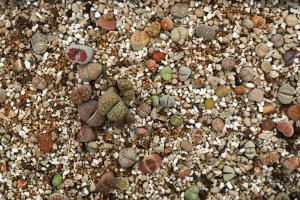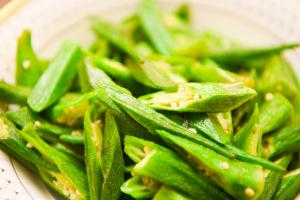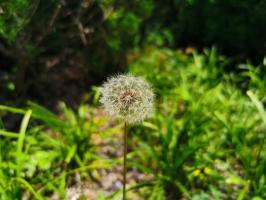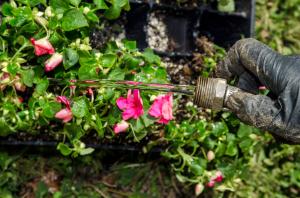Does Plant Cell Have Cell Wall?
Plant cells are a unique type of eukaryotic cell that differs significantly from animal cells. When studying plant cells, one of the most striking features is the presence of a cell wall. But what is a cell wall, and does every plant cell have one? Let's explore these questions to better understand the role of the cell wall in plant biology.
What is a Cell Wall?
A cell wall is an extracellular structure that envelops the plasma membrane of a plant cell. It is composed of three layers: cellulose microfibrils, hemicellulose, and pectin. The cellulose microfibrils comprise the majority of the cell wall and provide the rigidity and strength necessary to withstand the pressure of the plant's internal turgor. Hemicellulose and pectin are responsible for filling the gaps between cellulose microfibrils and provide elasticity to the cell wall.
Do All Plant Cells Have a Cell Wall?
While all plant cells have a cell wall, the thickness, composition, and structure of the cell wall can differ depending on the cell type and the plant species. For example, the cell walls of some plant cells, such as collenchyma cells, are thicker and more rigid than others, such as parenchyma cells. Some plant cells, such as those found in fruit, undergo cell wall modifications during development, resulting in a softer, more easily digestible texture.
Role of Cell Wall in Plant Cells
The cell wall plays many critical roles in plant biology. Firstly, it provides structural support and protection for the plant cell, making it more resistant to external pressures and mechanical damage. Secondly, the cell wall serves as a filter, regulating the movement of molecules in and out of the cell. Finally, the cell wall plays a significant role in plant growth and development, influencing cell shape and division, as well as cell-to-cell communication.
One unique feature of plant cells is that they can enlarge and expand without dividing, thanks to the elasticity of the cell wall. When new cells are created, they must first break through the cell wall to connect with neighboring cells. This process requires the coordinated breakdown of the cell wall to allow for the joining of new cells.
Conclusion
The cell wall is a critical component of plant cells, providing structural support, protection, and regulating molecular traffic in and out of the cell. While all plant cells have a cell wall, there can be significant differences in thickness, composition, and structure depending on the cell type and plant species. Overall, the cell wall plays a vital role in plant growth and development, making it a fascinating component to study for plant biologists and researchers.

 how many times do yo...
how many times do yo... how many planted tre...
how many planted tre... how many pine trees ...
how many pine trees ... how many pecan trees...
how many pecan trees... how many plants comp...
how many plants comp... how many plants can ...
how many plants can ... how many plants and ...
how many plants and ... how many pepper plan...
how many pepper plan...

































